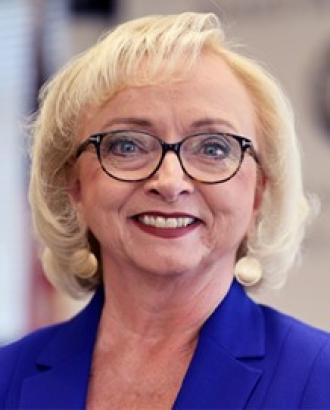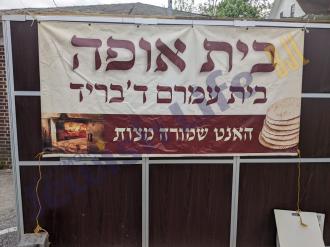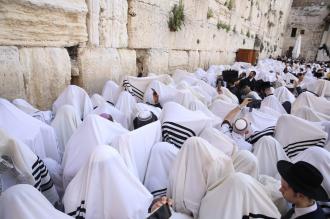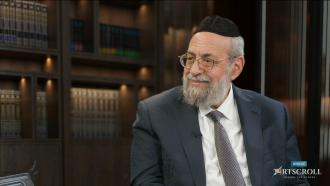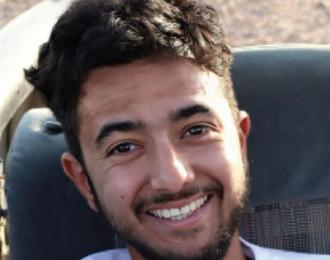Chief Rabbinate commits to creating standards for recognizing rabbis it trusts on conversions,including the Rabbi who converted Ivanka Trump
Israel’s Chief Rabbinate committed to creating standards for recognizing which Diaspora rabbis it trusts to handle Jewish conversions.
The Ashkenazi and Sephardi chief rabbis announced separately Wednesday afternoon that they would convene a meeting next week with the Chief Rabbinate Council and the Supreme Rabbinical Court to determine the standards. The conversion of Ivanka Trump, the daughter of U.S. President-elect Donald Trump, will be recognized under the new standards, Chief Sephardi Rabbi Yitzhak Yosef promised in his statement.
“This reform is expected to stop the suffering of many converts who have been through a conversion abroad when they come to register for marriage and divorce in Israel. In contrast to the situation in the past, in which some officials in the Chief Rabbinate assumed the authority to check every case individually, now as mentioned above, every conversion that will be approved by a rabbi who is on the list of the approved rabbis will not be subject to further checking but will be approved automatically,” Yosef said.
“For example, what reached the headlines recently was the issue of the recognition of the conversion of Ivanka Trump, the daughter of the president-elect of the United States. According to the new proposed outline in which you check the converting rabbi only, their conversion would be legitimized without the need for further checking,” Yosef said.
The Chief Rabbinate is Israel’s highest Jewish authority, with control over personal status issues, like conversion, marriage and divorce. The Chief Rabbinate Council is its advisory body. The Supreme Rabbinical Court is the highest rabbinical court, which resolves disputes regarding personal status issues.
The Rabbinate released a list in April of more than 100 rabbis from the U.S. and 19 other countries whose authority over Jewish conversions it accepts. But the Rabbinate attached a letter to the list saying it was “not exhaustive” and simply included rabbis whose authority had been accepted in the past. The letter also said there was no guarantee the rabbis would be trusted in the future.





